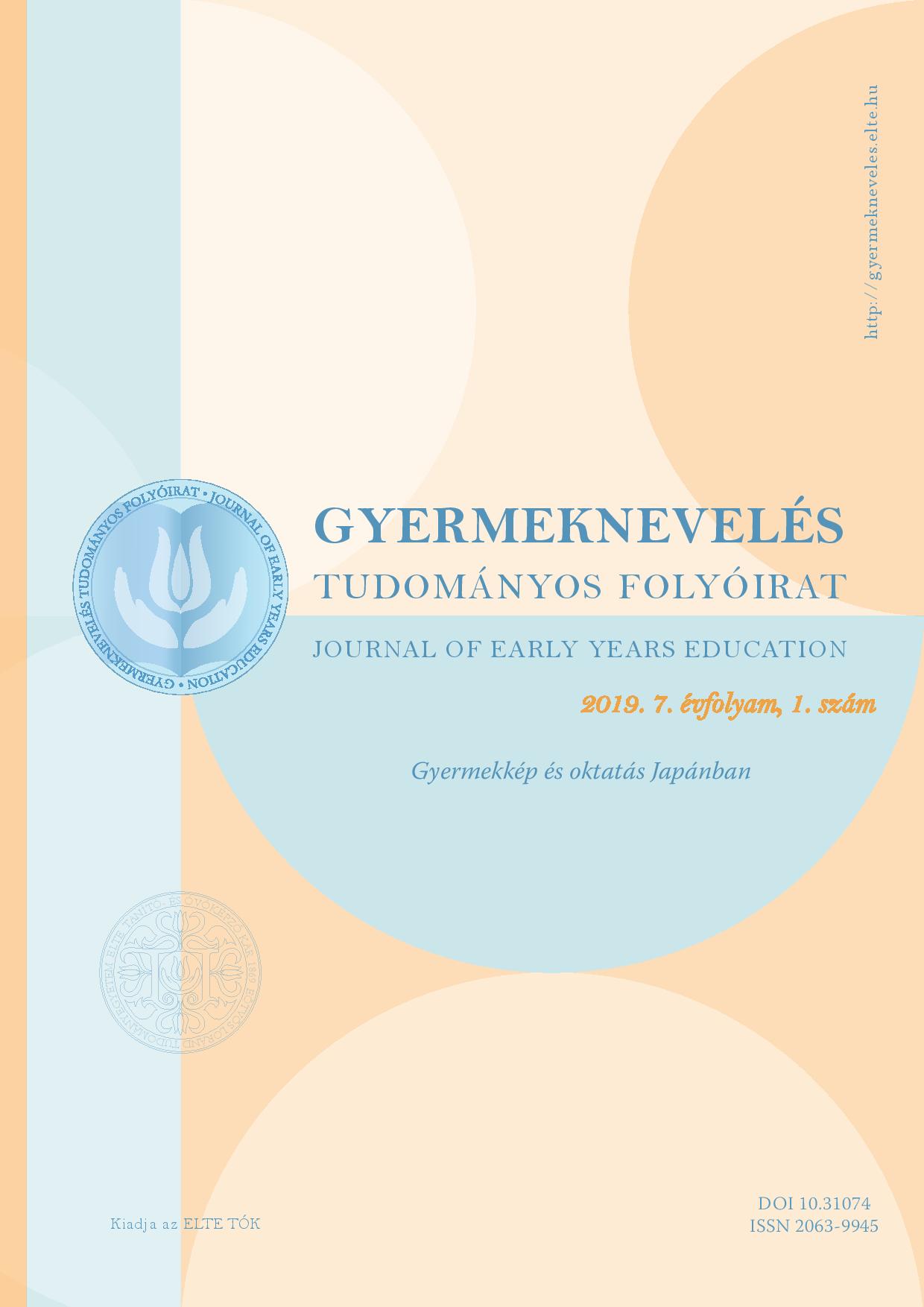Child, Education and Society in Current Japan
DOI:
https://doi.org/10.31074/gyn20191711Keywords:
one-child family, verbal communication deficit, virtual interactions, clash of traditional and new valuesAbstract
Child-raising patterns and practices show a great variety across cultures. In Japan ideally the happy and all-permitting years of early childhood are followed by an increasingly strict, rigid and all-controlled phase of education – both at home and in schools – in order to produce smoothly adjustable members of society who understand and respect the primacy of skillful adaptation. This traditional expectation however tends to show signs of crisis – due to the value changes influenced by globalization, digitalization and the one-child family model. This ultimately leads to less verbal human communication and to growing cases of virtual interactions which in its turn have a negative impact on the society and the economy of the country.
Downloads
Downloads
Published
How to Cite
Issue
Section
License
Copyright (c) 2019 Author

This work is licensed under a Creative Commons Attribution-NonCommercial-ShareAlike 4.0 International License.

